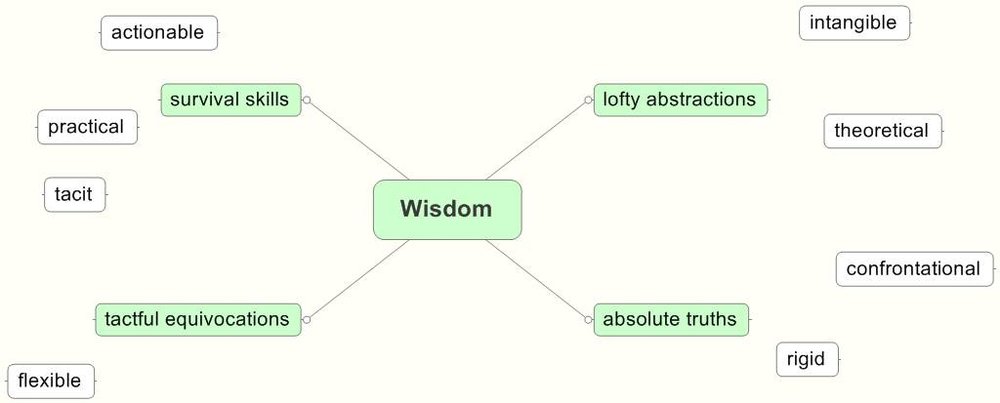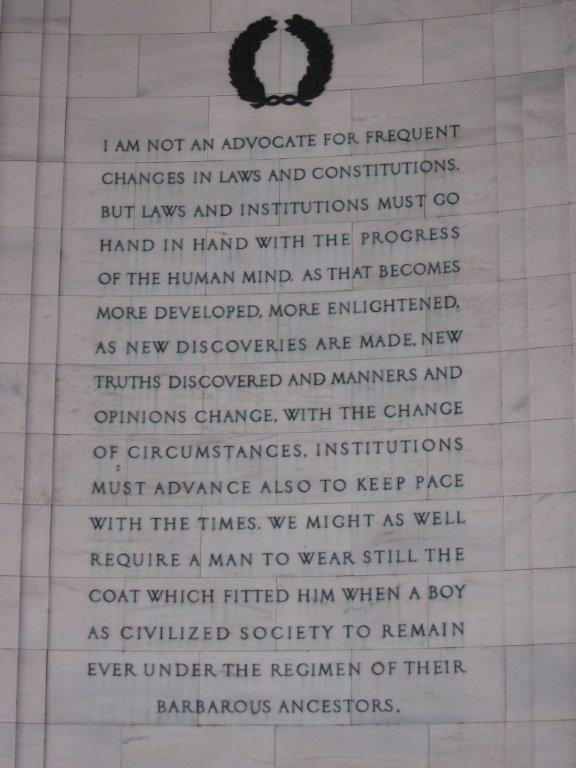Quote of the Day - 04/04/2012
/We are not unlike a particularly hardy crustacean....With each passage from one stage of human growth to the next we, too, must shed a protective structure. We are left exposed and vulnerable, but also yeasty and embryonic again, capable of stretching in ways we hadn't known before. - Gail Sheehy in Passages: Predictable Crises of Adult Life
~~~~~
What do you think about the analogy made in this quote…that the passage to the next stage of human growth requires shedding of our ‘shell’ like a crustacean?
For me - the most recent passages have been more gradual and not like the abrupt shedding of an entire ‘protective structure.’ I was able to anticipate the passage and do practice stretching before it happened. Instead of a single physical milestone there were more complex and multiple psychological milestones.
Still - I like the analogy of the crustacean in the sense that being aware of the protective structures we have and noticing when they restrict our growth is probably key to our continued development whether or not it is a ‘passage from one stage of human growth to the next.’
How aware are you now of the components of your ‘protective structure?’

























